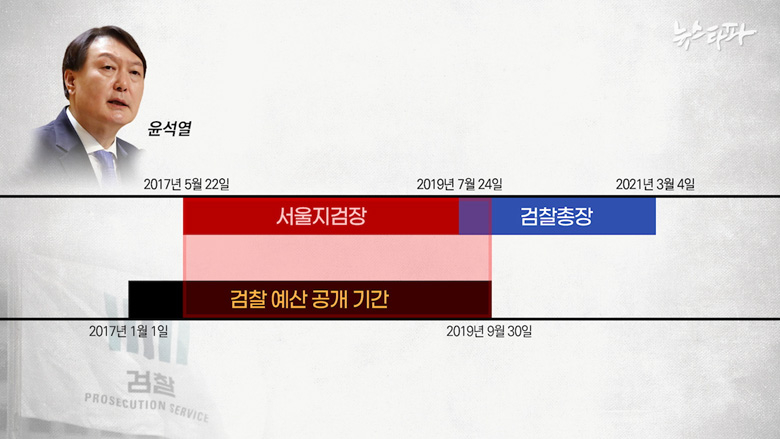The prosecution made an appeal to the Supreme Court. They submitted the appellate brief. After reading the brief, I believed that a ‘discontinuance of the trial’ would be possible. According to the Litigation Act, an appeal to the Supreme Court can only be made ‘when there is a violation of the constitution, laws, orders, or rules that affected the ruling’. However, in the appellate brief they submitted, their argument was legally too weak.For example, the prosecution argued that pulling out and disclosing some parts of the documents in the filing cabinet would produce or process new information, which made no sense.


